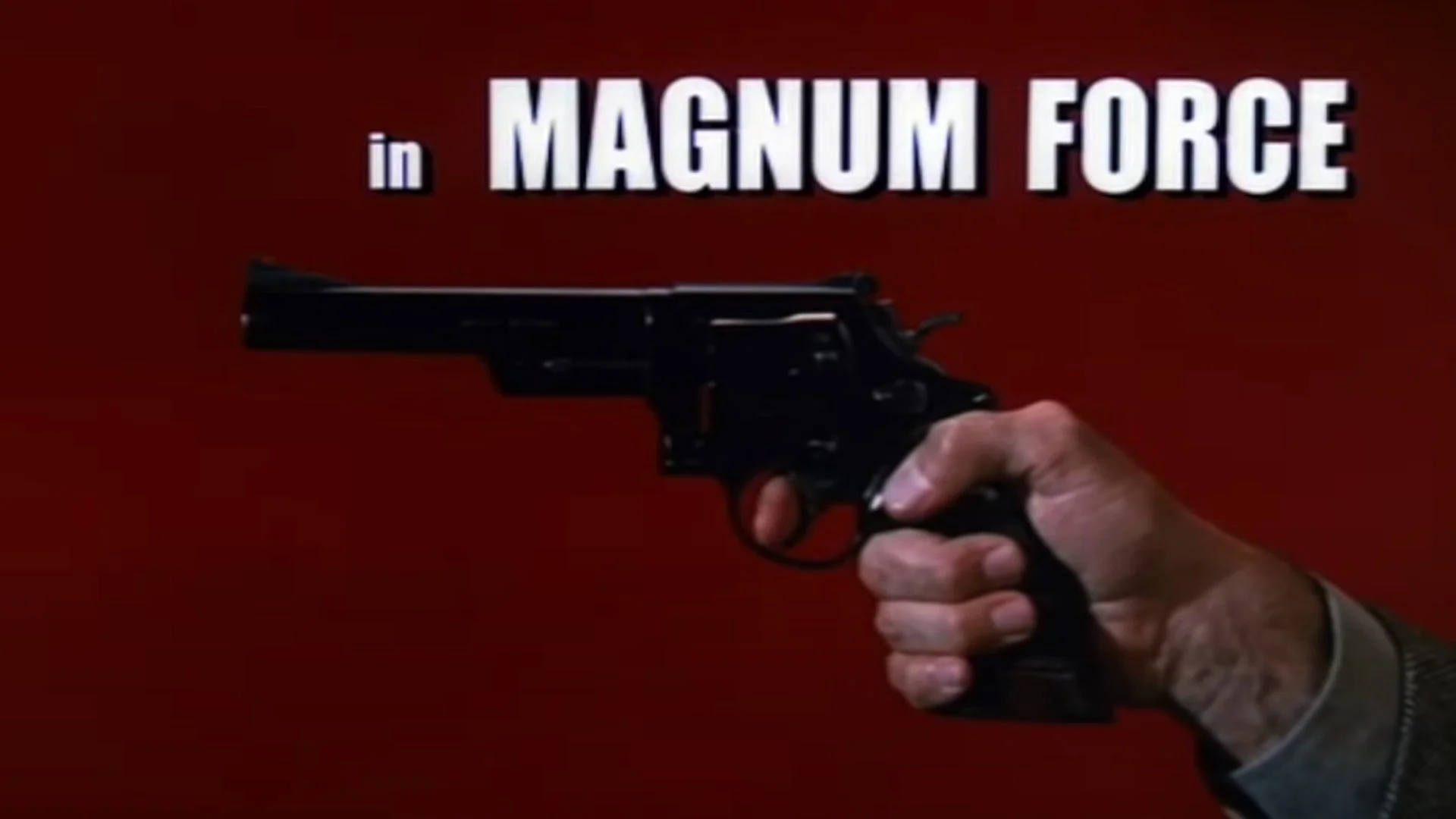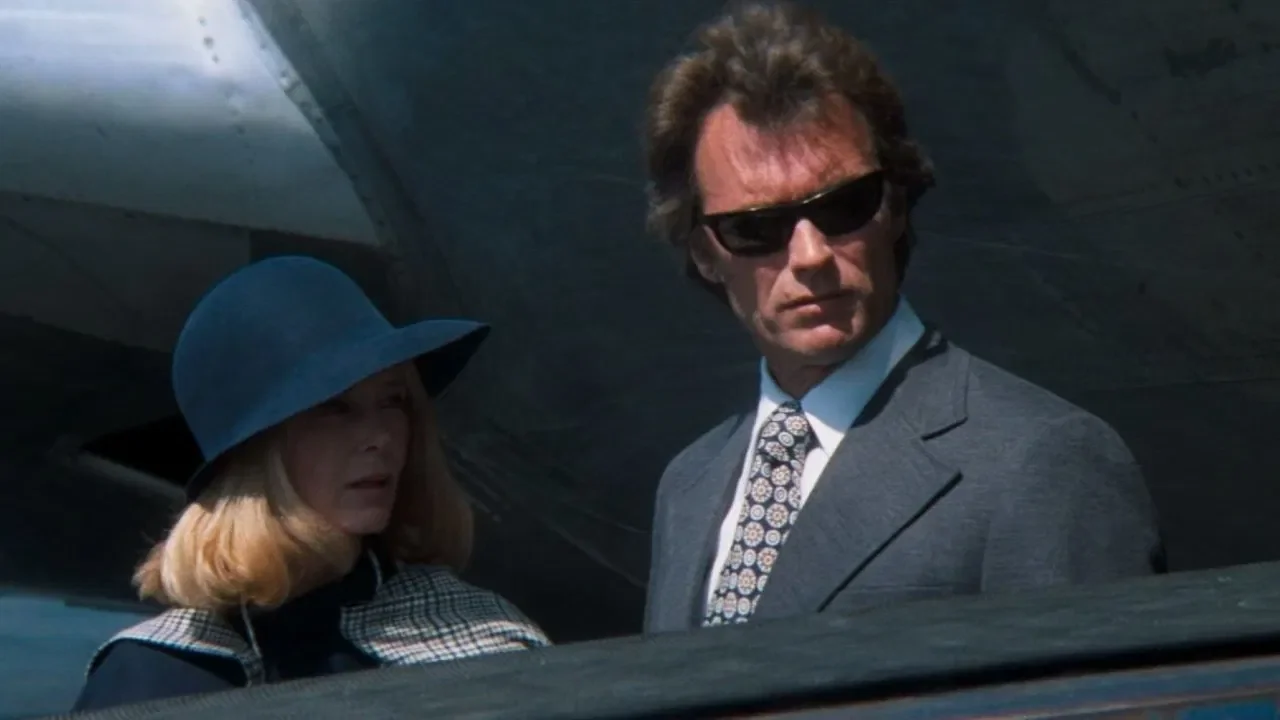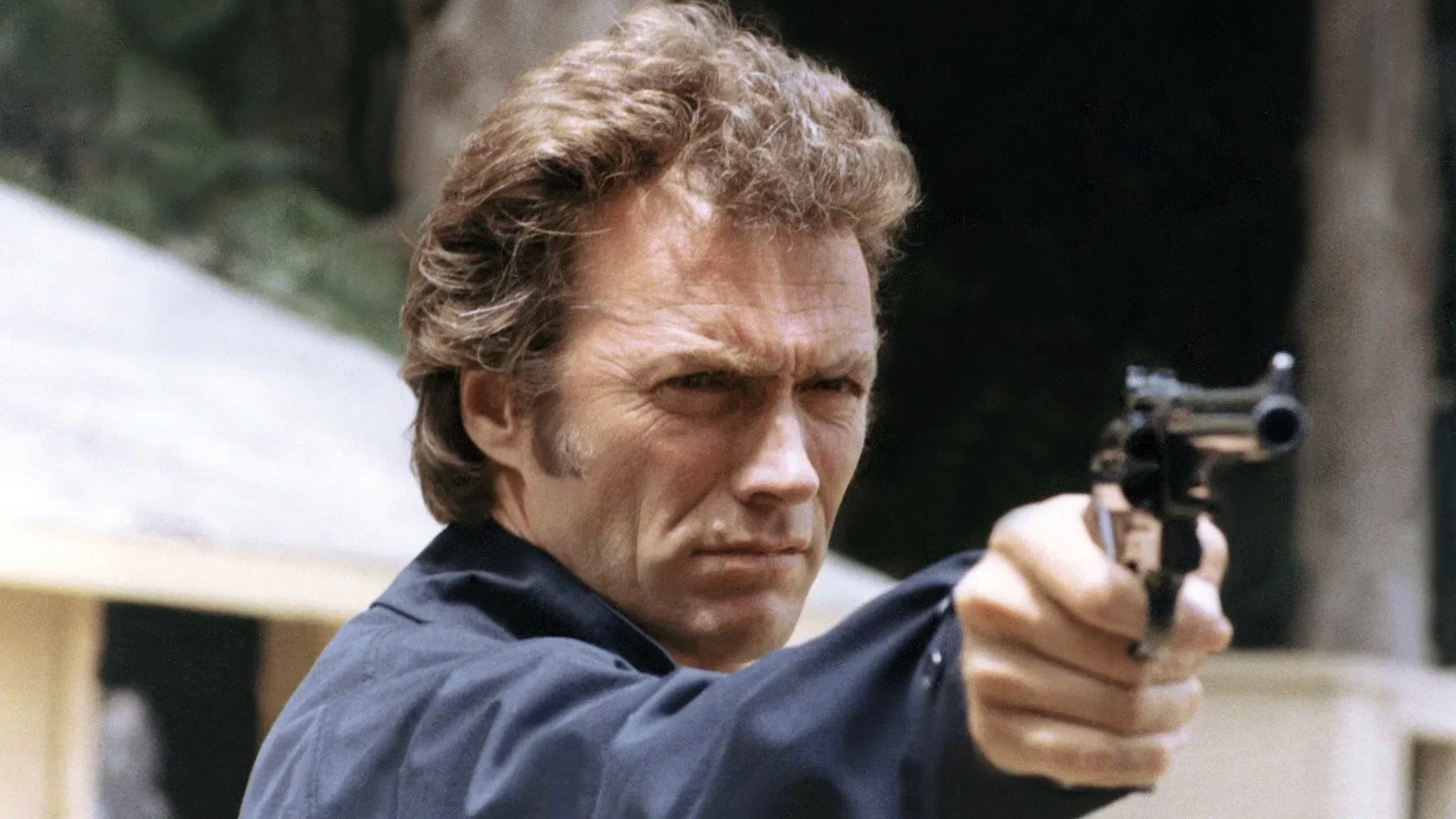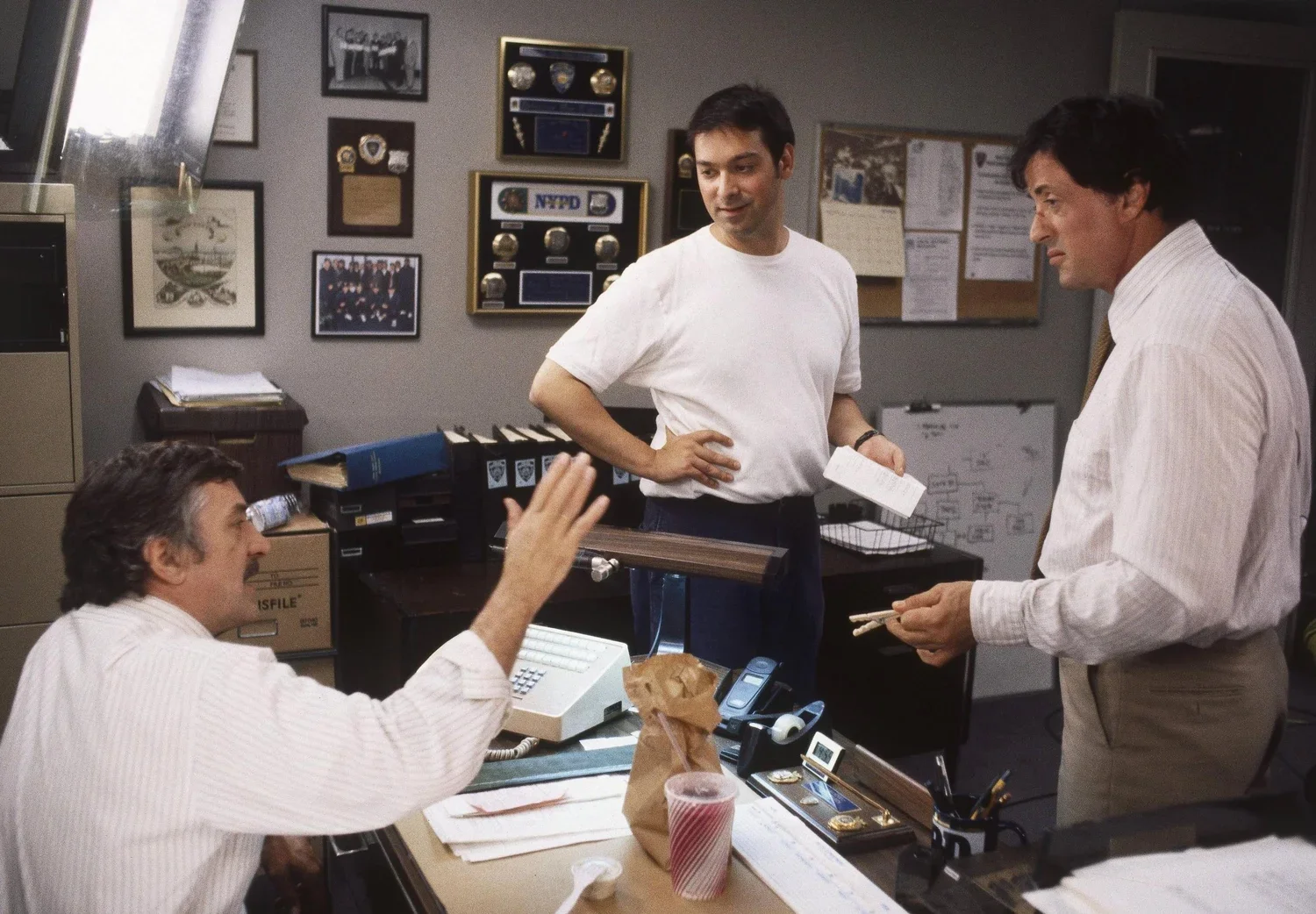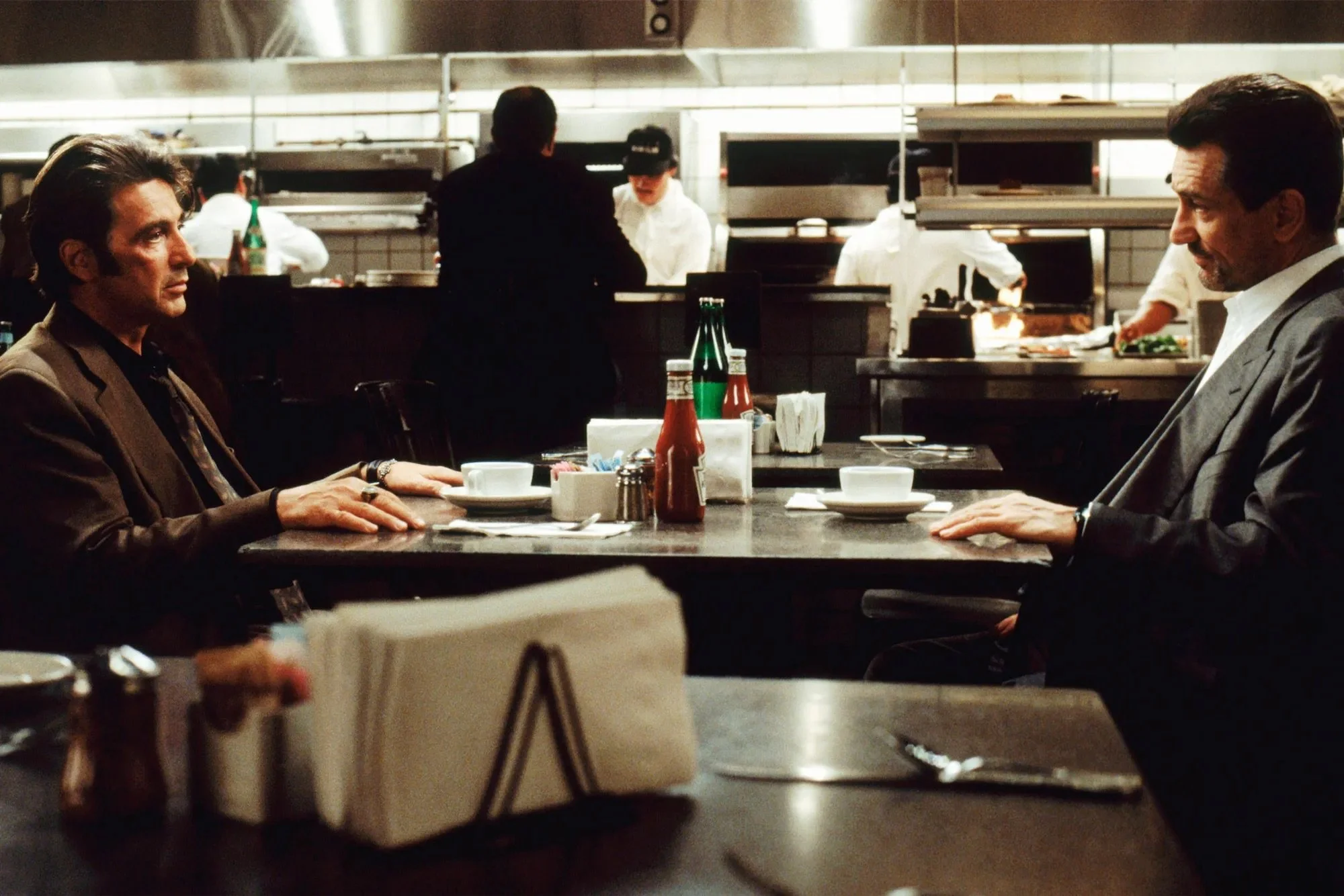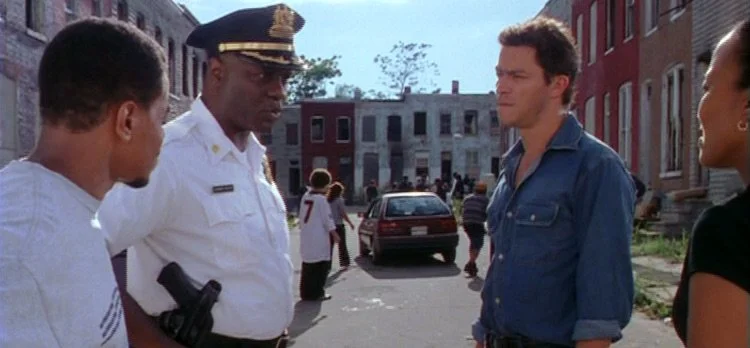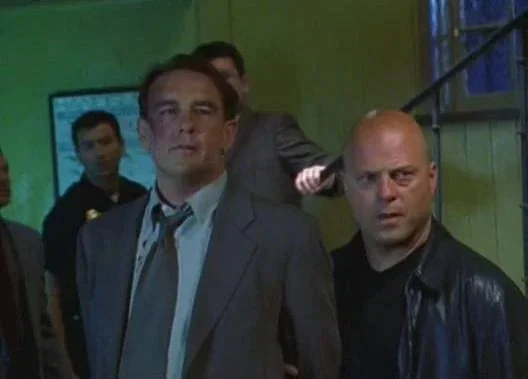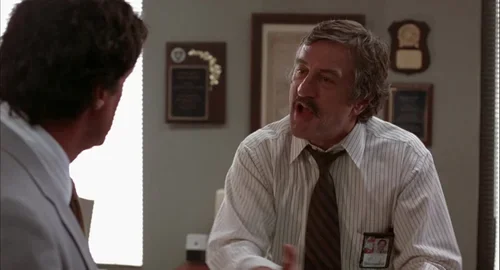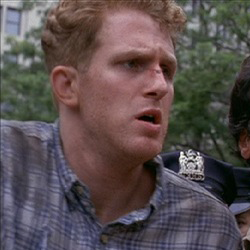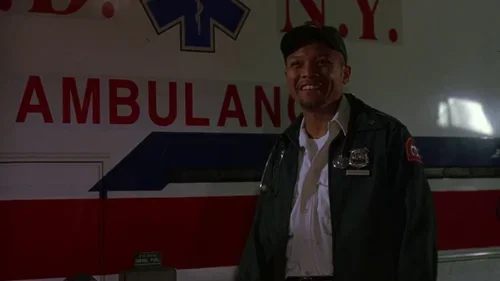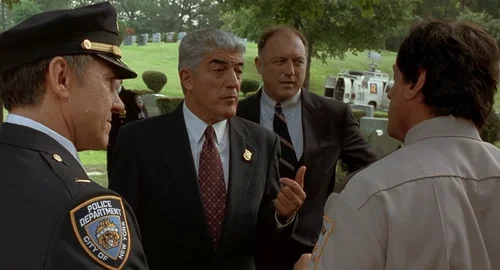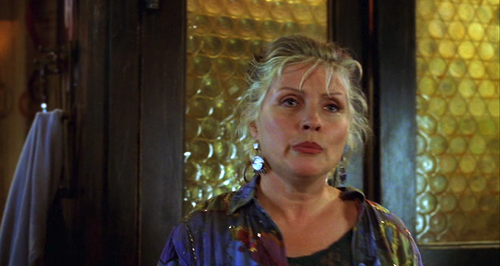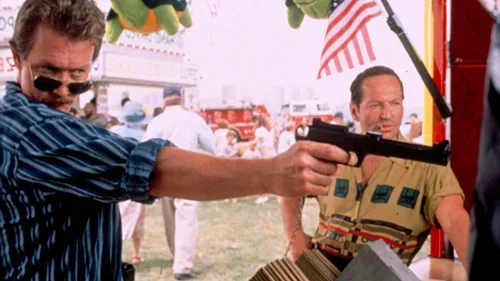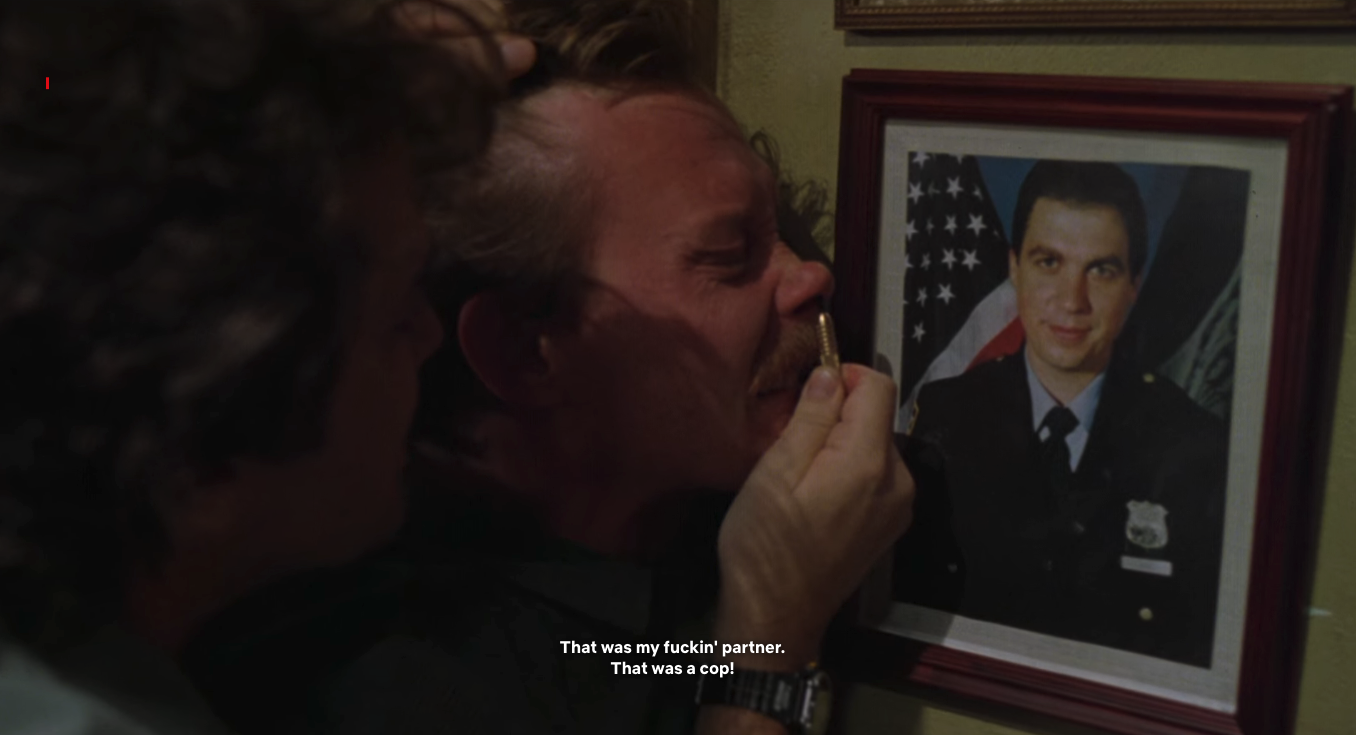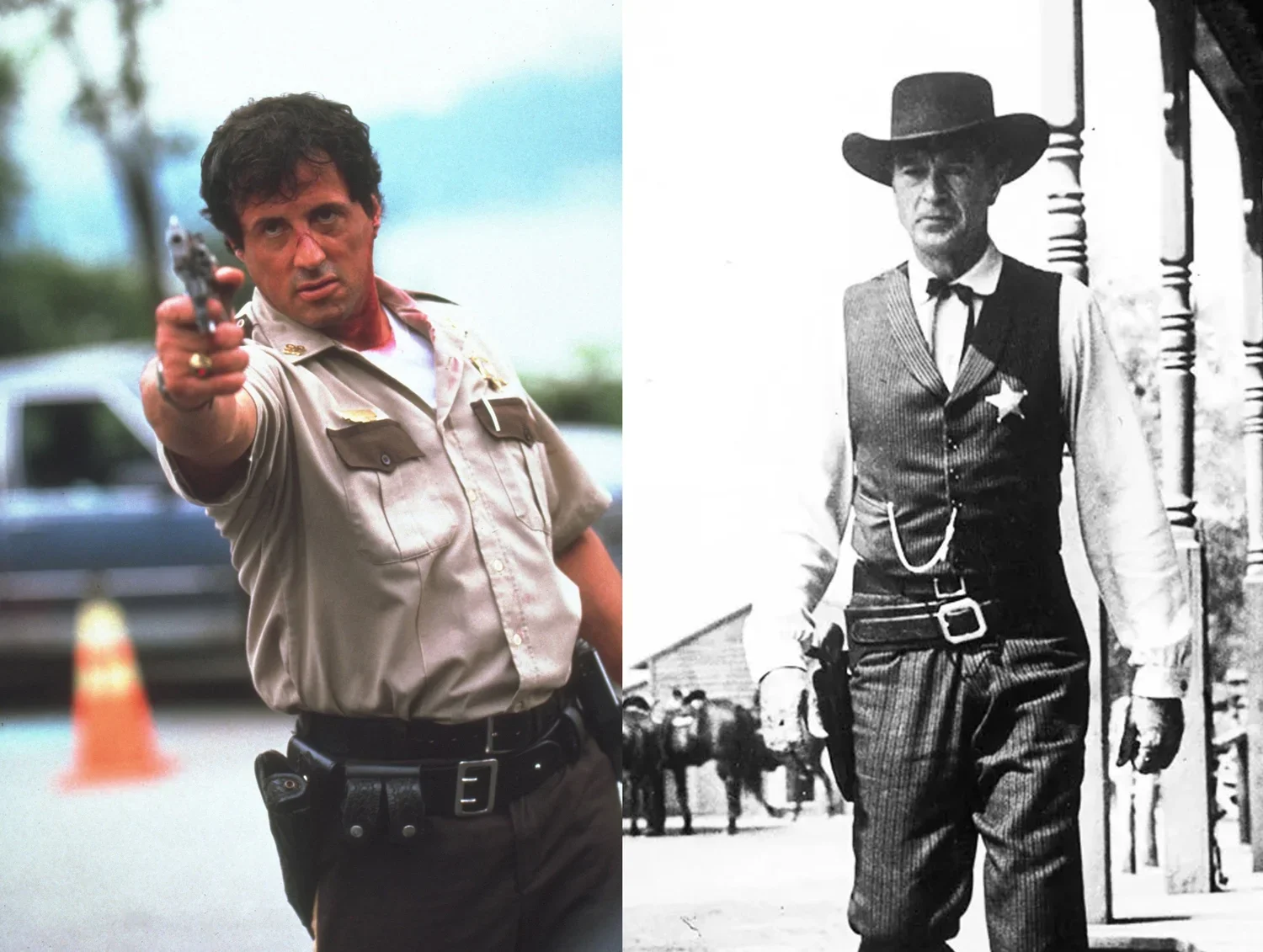Rewatched 21 Dec 2023 - Originally written on Letterboxd
This review may contain spoilers.
Magnum Force needs to be reappraised as one of the better sequels in cinema.
Like ‘Dirty Harry’, it doesn’t have the mainstream audience exposure/deference it should.
To follow up the iconic 'Dirty Harry' in a way that doesn’t just pit Harry against another psycho, which many sequels would’ve by just rehashing the original, but instead, ask a question.
What if there was something more extreme than Dirty Harry in a police force?
Many have compared the character and plot of Dirty Harry to Batman in ‘The Dark Knight’, but ‘Magnum Force’ investigates the concept of escalation more clearly.
In ‘The Dark Knight’, the fact Batman exists leads to the Joker being mythically spawned in Gotham. Here ‘Magnum Force’ shows what happens in a police force where Harry’s attitude and actions inspire a more extreme variant, true vigilantism, where even when criminals are going about their day are murdered and even investigating police officers who are witness to this are slain without remorse.
As Harry describes, "...there may be a sub-organization within the police force. Sort of a death squad like they had in Brazil some years back."
“I’m afraid you’ve misjudged me”
It's a fascinating way to express to the audience that Harry has a line and isn't just looking through a phone book to pick his next victim, like Hal Holbrook's Lieutenant Briggs’ death squad seems to be doing. Harry is human, even though he has an almost single-minded life, solely focused on his detective work. The film feels in conversation with the initial criticism that ‘Dirty Harry’ was a fascistic ideal, ‘Magnum Force’ directly addresses this, almost as if the writer, known gun-toter, John Milius, wanted anyone who considered Harry Callahan as a prototype Judge Dredd; judge, jury, executioner as someone more like the lawmen in Westerns, like Gary Cooper’s Marshal Will Kane in ‘High Noon’.
Whilst the film doesn't reach the stylistic integrity and bravura of the original, ‘Magnum Force’ has so many great moments, lines and performances that upon a rewatch make you appreciate its artistic and entertainment value nonetheless. As the Dirty Harry series developed with three more sequels, the artistic sincerity gets diluted with each part and almost becomes a parody of itself at times, but ‘Magnum Force’ stands on its own merit and reflects not just the culture of America at the time but of its own mythology.
